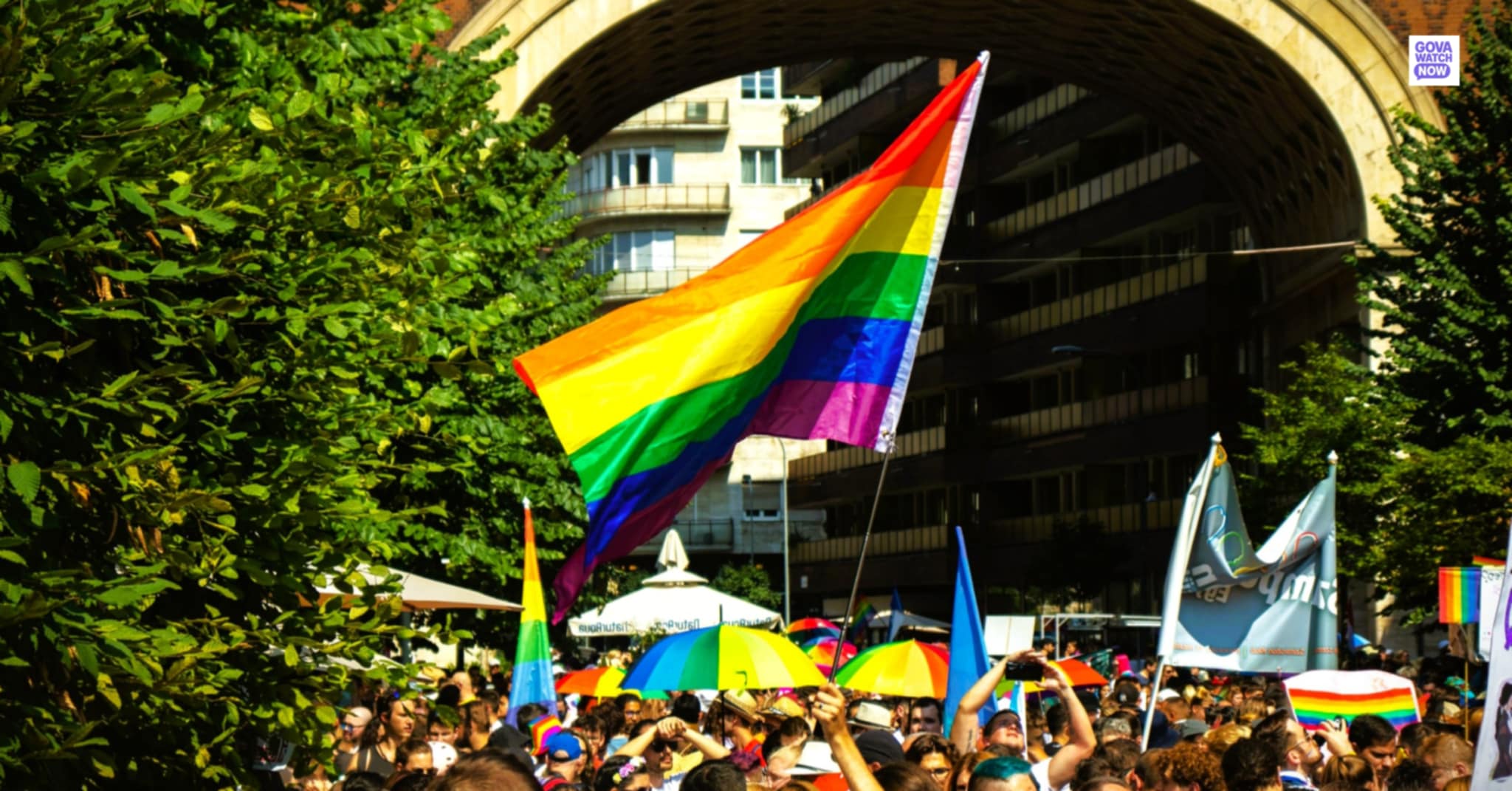In a shocking move that has ignited outrage both inside Hungary and across Europe, Budapest police have officially denied the permit for this year’s LGBTQ+ Pride march, scheduled for June 28. The reason? A recent wave of harsh legislation aimed at silencing public expressions of LGBTQ+ identity. This crackdown follows a March 2025 law and an April constitutional amendment that grant the government sweeping powers to ban LGBTQ+ events specifically targeting anything that might “expose” minors under 18 to what authorities label as “promotion” of homosexuality.
Police insist the march cannot be allowed because minors and “passive victims” members of the public who do not wish to witness the event would inevitably be present. To back their claim, authorities released photographs and videos from previous Pride parades, framing joyous celebrations as violations of the law. But for organizers, this is more than legal wrangling, it’s a blatant assault on freedom of expression and human rights. Calling the decision “a textbook example of tyranny,” they vow to proceed with the march despite looming fines and the chilling threat of facial recognition technology being used to identify participants.
The Hungarian government defends these measures as essential to “protecting children’s moral, physical, and spiritual development.” But critics including human rights groups and legal experts see it as a dangerous slide into authoritarianism and blatant discrimination against LGBTQ+ people. Prime Minister Viktor Orbán’s contradictory stance warning against holding the parade but never outright banning it only adds to the tension and uncertainty.
Internationally, the backlash has been swift and fierce. Over twenty EU countries, including France, Germany, and Spain, have called on Hungary to reconsider the law, warning that it undermines fundamental European values of dignity, equality, and freedom. The ban on Budapest Pride isn’t just about one march, it’s a direct challenge to the rights of the LGBTQ+ community and a test of democratic principles in Hungary.
Marking its 30th anniversary this year, Budapest Pride has long been a beacon of visibility and hope for tens of thousands. Now, with the government’s heavy-handed restrictions, the event stands as a bold act of resistance, a fight for civil liberties and human rights in a political climate growing increasingly hostile. As June 28 approaches, all eyes are on Budapest: Will Hungary protect its democratic freedoms, or will it silence one of its most vibrant communities?




